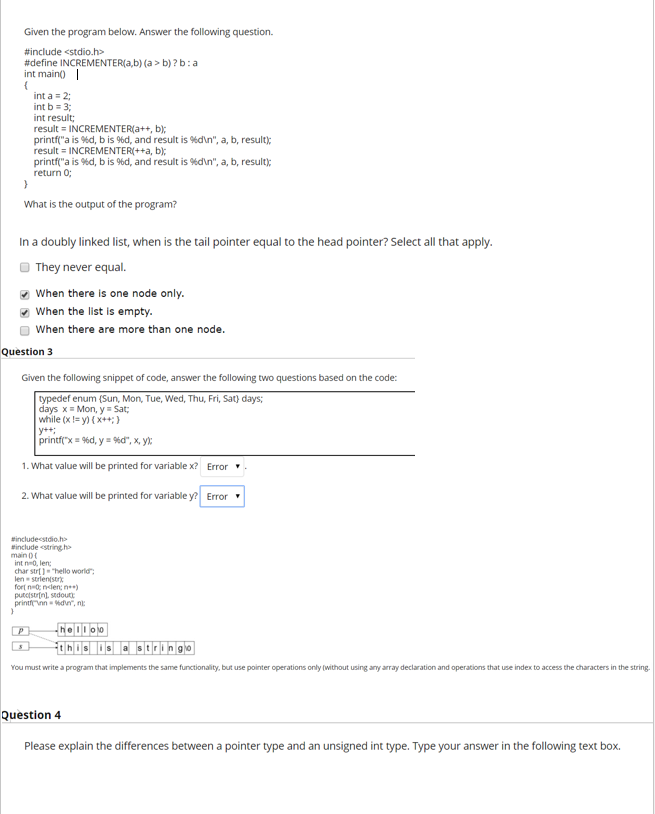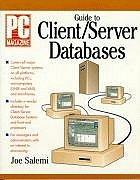Answered step by step
Verified Expert Solution
Question
1 Approved Answer
Given the program below. Answer the following question. #include stdio.h> #define INCREMENTER(a,b) (a > b) ? b : a int main) I int a =

Step by Step Solution
There are 3 Steps involved in it
Step: 1

Get Instant Access to Expert-Tailored Solutions
See step-by-step solutions with expert insights and AI powered tools for academic success
Step: 2

Step: 3

Ace Your Homework with AI
Get the answers you need in no time with our AI-driven, step-by-step assistance
Get Started


